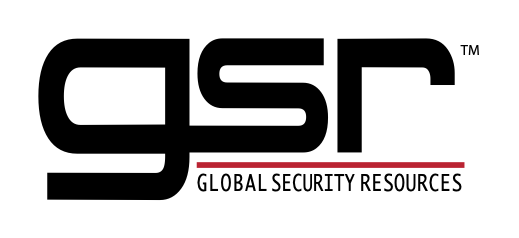Contract Vehicles
Indefinite Delivery Indefinite Quantity (IDIQ)
Indefinite delivery, indefinite quantity (IDIQ) contracts provide for an indefinite quantity of services during a fixed period of time. They are used when GSA can’t predetermine, above a specified minimum, the precise quantities of supplies or services that the government will require during the contract period. IDIQs help streamline the contract process and speed service delivery. IDIQ contracts are most often used for service contracts and architect-engineering services. Awards are usually for base years as well as option years. The government places delivery orders (for supplies) or task orders (for services) against a basic contract for individual requirements. Minimum and maximum quantity limits are specified in the basic contract as either number of units (for supplies) or as dollar values (for services).
GSA
GSA’s Office of Small Business Utilization (OSBU) advocates for small, minority, veteran, HUBZone, and women business owners. Its mission is to promote increased access to GSA’s nationwide procurement opportunities.
SEAPORT-E
SeaPort-e is the Navy’s electronic platform for acquiring support services in 22 functional areas including Engineering, Financial Management, and Program Management. The Navy Systems Commands (NAVSEA, NAVAIR, SPAWAR, NAVFAC, and NAVSUP), the Office of Naval Research, the United States Marine Corps, and the Defense Threat Reduction Agency (DTRA) compete their service requirements amongst 1800+ SeaPort-e IDIQ multiple award contract holders. The SeaPort-e portal provides a standardized, efficient means of soliciting offers from amongst the diverse population of large and small businesses and their approved team members. All task orders are competitively solicited, awarded and managed using the SeaPort-e platform. Since nearly 85% of its contract–holders are small businesses, the SeaPort-e approach to acquiring services provides opportunity that fuels the Nation’s engine of job growth. Simply stated, SeaPort-e provides an efficient and effective means of contracting for professional support services and enhancing small business participation.
United Nations Global Marketplace
The United Nations Global Marketplace (UNGM) is the procurement portal of the UN System. It brings together UN procurement staff and the supplier community. The United Nations represents a global market of over USD 10 billion annually for all types of goods and services.
Open and Sole Source
Sole source – The term “no-bid contract” is a popular phrase for what is officially known as a “sole source contract.” A sole source contract implies that there is only one person or company that can provide the contractual services needed, and any attempt to obtain bids would only result in one person or company being available to meet the need. It is awarded usually, but not always, by a government group after soliciting and negotiating with only one firm (see 48 CFR§ 2.101). These contracts can be negotiated much more quickly than a typical competitive contract. U.S. law permits the government to award sole source contracts under specified circumstances (48 CFR Ch. 1, Part 6).
Sole source provider use by government agencies is called “other than full and open competition” by Federal Acquisition Regulations. A sole source provider is one that provides a particular product, part, or service for an agency or department, which no other company provides. Uniqueness: A company that produces a unique product or offers a one-of-a-kind service that no other company affords can be used as a sole source provider for a government project if that item or service is needed. Availability: A company can become a sole source provider even if there are other companies that make the product. If those other companies cannot deliver in a timely and responsible manner so that the items or services are available when needed, they are out of the running. Urgency: Full and open competition is not required in cases where there is an urgent need for immediate action. However, this would only mean sole source provision in cases where other bids could not be gathered. National Emergency Preparedness: Sole source providers can be used in cases where the government relies on a product, research, or an expert in order to be prepared for and deal with national emergencies. Justification: All providers to government agencies must go through a justification process and be accepted in order to be declared a sole source provider.
